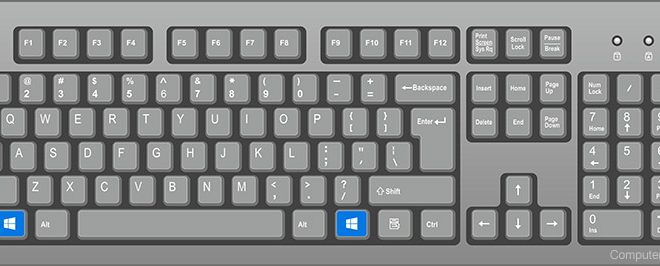What Should I Pay for a Car: Everything You Need to Know

Introduction:
When it comes to buying a car, one of the most important factors you need to consider is the price. Determining what you should pay for a car can be confusing and overwhelming, especially with various factors like brand, model, and features coming into play. In this article, we break down everything you need to know in order to make a well-informed decision about what you should pay for a car.
1. Research the Market Value
The first step in determining what you should pay for a car is researching its market value. You can do this by visiting websites like Kelley Blue Book, Edmunds, or TrueCar, which provide extensive information on the average prices of different makes and models. This way, you’ll have a better understanding of how much the car is worth and whether or not its asking price is in line with its actual value.
2. Set a Budget
Before heading out to look for cars, it’s crucial to set a budget. This will help you avoid overspending or falling in love with a car that’s out of your price range. When setting your budget, also keep in mind additional expenses like taxes, registration fees, and insurance.
3. Prioritize Your Needs and Wants
It’s important to identify your needs versus wants when shopping for a car. Make a list of must-have features that align with your personal preferences and lifestyle requirements. This will ensure that the car you ultimately choose aligns well with your priorities while sticking within your budget.
4. Identify Potential Discounts
Always be on the lookout for any potential discounts or incentives offered by dealerships or manufacturers. This may include cash-back offers, low-interest financing options, and military or student discounts.
5. Negotiate
When it comes to purchasing a car, negotiation skills are key. Don’t be afraid to haggle and work towards a lower price with the seller or dealership. Keep in mind the market value of the car and be willing to walk away if you can’t agree on a reasonable price.
6. Consider Pre-Owned Cars
Buying a pre-owned car is an excellent way to save money while still getting a reliable and high-quality vehicle. Bear in mind, though, that pre-owned cars may require more maintenance and care compared to a new car.
7. Test Drive Multiple Vehicles
Take the time to test drive multiple vehicles, even if you think you’ve found the perfect one. By test-driving different cars, you’re more likely to find one that fits your budget and specific needs.
Conclusion:
Determining what you should pay for a car is about finding the right balance between your budget and desired features while also considering factors like market value, discounts, and potential maintenance costs for pre-owned vehicles. By thoroughly researching, setting a clear budget, prioritizing your needs, and negotiating effectively, you’ll be well on your way to making a smart decision when it comes to purchasing your next car.





